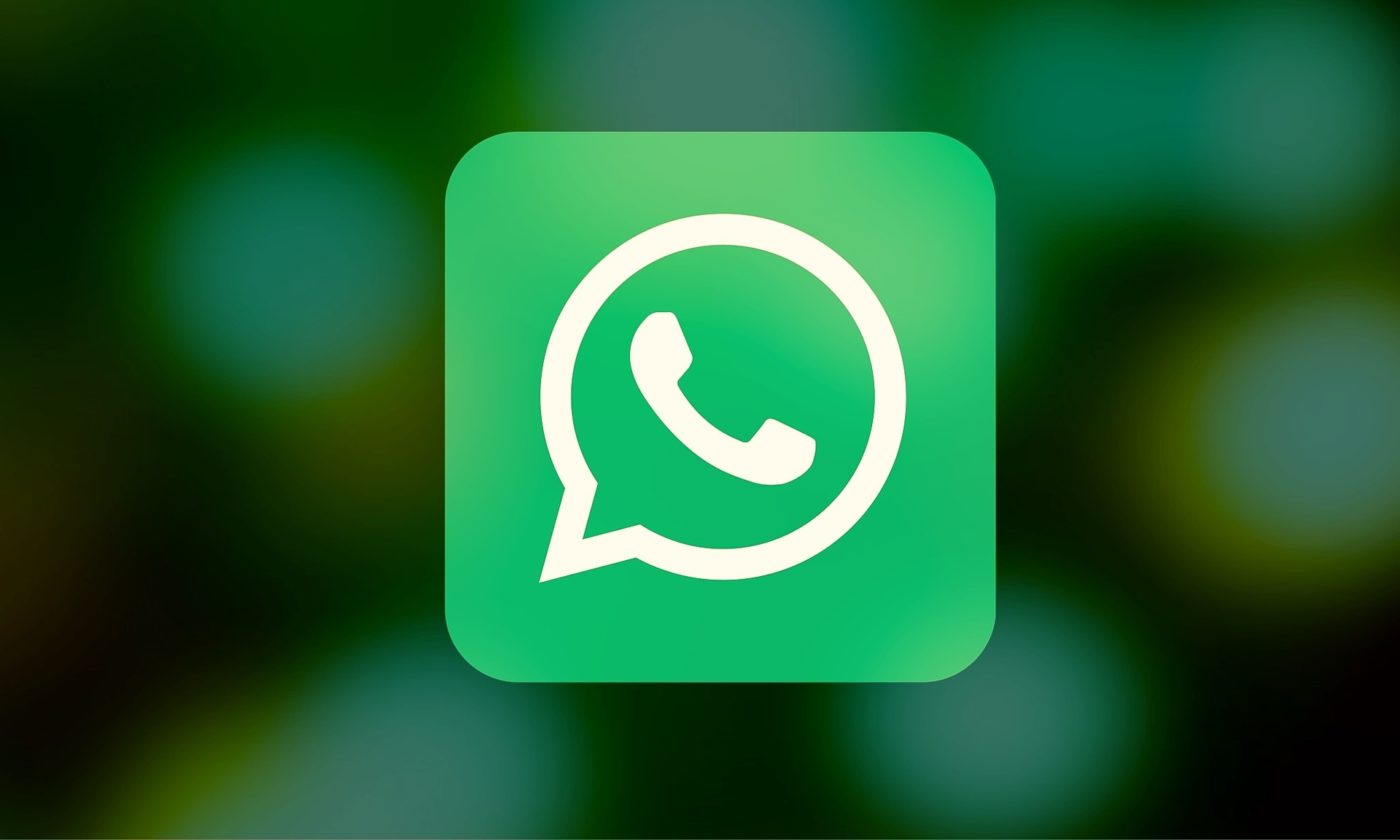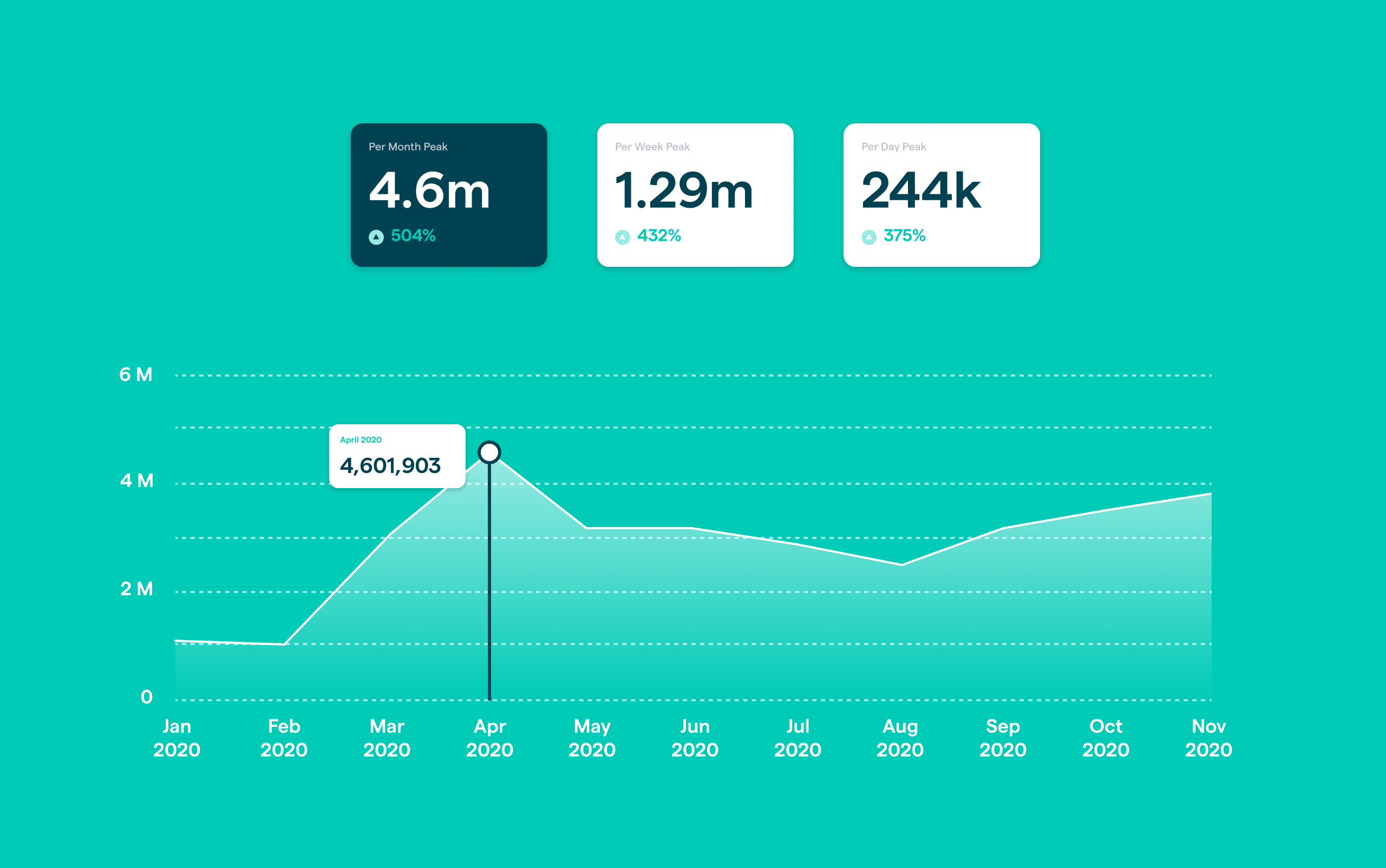Clinicians Beware! WhatsApp’s Privacy Policy Is Changing
Discover how WhatsApp’s data and privacy changes will affect healthcare professionals all over the UK.
By Robin Hill


The world as we know it is changing before our eyes. With the UK having left the EU at the turn of the year, it seems Facebook’s suite of apps are seizing the opportunity to alter how they handle user data (and not in a good way). So whilst WhatsApp’s new privacy policy isn’t necessarily bad for your health, it is now officially bad for healthcare.
Users of WhatsApp (a Facebook product) have reported seeing a pop-up last week, asking them to accept new terms and conditions by May 15th, to continue using the service. WhatsApp is, of course, widely used across the NHS for sharing information and use has grown during the COVID-19 pandemic. In the past, NHSX has advised NHS clinicians that using WhatsApp is acceptable where “there is no practical alternative and the benefits outweigh the risks”. However, is this still the case?
Facebook’s direction of travel with regards to data handling would be concerning for any user of a consumer messaging app, and doubly so if they are using that app to share confidential healthcare data, especially ‘special category data’ relating to patient conditions.
What are the changes?
A section of WhatsApp’s privacy policy that allowed people to opt-out of sharing personal information with Facebook, has been removed. The new privacy policy allows data to be shared through Facebook to provide personalised advertising and assistance with completing purchases.
The move to give users no choice in the matter of whether they support an expansion of data sharing between the two platforms is ostensibly a way for Facebook to provide more targeted advertising. This ensures that the parent company can further monetise its messaging asset, according to reports.
Users are required to accept these changes to continue using WhatsApp. If they don’t want to do this, they can choose instead to delete their account, according to the notification WhatsApp sent to users.
Furthermore, lists of contacts, live status, times using WhatsApp and phone identifiers can also be shared by Facebook. No data is safe.
What does that mean for clinicians?
This new information about Facebook and WhatsApp has to be placed in context of the pandemic. Patient care, and the welfare of healthcare professionals doing their best to deliver it, comes first. To that end, consumer messaging apps can be a powerful tool for communicating and providing safe patient care.
However, apps provided by Facebook are only heading in one direction – more data shared and utilised for commercial purposes. This isn’t care, it’s just business.
Healthcare has undergone an accelerated digital transformation over the last year, and the opportunity is now to forge new communication networks that will stay in place for the decade ahead. It’s up to clinicians across the UK to research and choose a platform appropriate for handling patient data.
Why choose Pando?
Pando is made by clinicians, for clinicians. With an easy-to-use interface, a secure messaging system and a host of cutting-edge features, Pando gives social and health professionals the ability to take better care of their patients. Why is it a better alternative to WhatsApp? Pando’s robust and reliable system makes communication efficient, protects patients’ most sensitive data and is approved for us by NHS Digital. It is free for healthcare professionals to use and funded from NHSX’s Clinical Communication Procurement Framework, with optional additional products for NHS organisers.
Since the start of the Pandemic, the use of Pando has increased all over the UK. As the world became more remote, Pando provided the tools to allow clinicians to continue their expert care.

Pando has also seen an 80% growth in usage since the WhatsApp privacy policy changes were first announced.
Pando is available for download and free of charge in the NHS apps store here.
For more information, contact us at sales@hellopando.com.
10 reasons to ditch WhatsApp
Here are 10 quotes from clinicians across the UK, cementing the idea that Pando is a truly safe healthcare messaging system alternative:
- “During the initial stages of the Covid19 pandemic, it’s been difficult to roster doctors with the appropriate PPE protection (based on fit-tested mask types) and on the basis of individual risk assessment. However, Pando has allowed us to easily contact them and bring them in at short notice. Previously we were using WhatsApp and phone calls. It’s such a relief to not have to worry about anonymising patient data when we communicate. It also allows for WhatsApp to remain for personal use and Pando for professional use. Using Pando allows you to easily switch off notifications when you’re not working, it easily separates professional life and personal life.”
– Srinivasarao Babarao, Consultant Neonatologist of Wirral University Teaching Hospital NHS Foundation Trust - “It’s reassuring that Pando is secure, because previously we were using WhatsApp, so it’s been great to switch over to a more secure network where we can use patient identifiable information.”
– Sarah Fisk, District nurse at East London NHS Foundation Trust - “Pando’s easy, it’s effective, It’s WhatsApp for the NHS. What’s not to like!”
– Joanne Rowe, Secretary at Bridgewater Community Healthcare NHS Foundation Trust - “We started using Pando 18 months ago after using WhatsApp as our main form of communication. We stopped using WhatsApp because it wasn’t very secure and so I welcomed the move to Pando. It’s a secure and safe way to communicate.”
– Steve Shevel, Community Physiotherapist in intermediate care at Croydon Health Services NHS Trust - “Moving away from WhatsApp to separate work and personal life has been so important. Now a day off is a day off – the importance of having a proper rest day has never been more important since new working practices during COVID. This has been positively impactful on the team’s wellbeing and resilience.”
– Jen Throp, Occupational Therapy Clinical Service Manager at Leeds Teaching Hospitals Trust. Read more here. - “Pando is more secure than WhatsApp, so we don’t have to be discrete in the way we talk and it allows us to stay more connected, particularly with Covid. It’s been helpful for whomever is working in isolation at our smaller site to maintain this degree of connection that would otherwise have lost.”
– Zoë Greaves, GP at Durham Dales, Easington and Sedgefield CCG who was previously using WhatsApp but now exclusively uses Pando. Read more here. - “I think it’s easier to contact the people that you want compared to WhatsApp. You can message specific people a lot easier and get a response a lot easier.”
– Steven Mcclune, Pharmacist at University Hospitals Birmingham NHS Foundation Trust - “In my old job we used WhatsApp, but it’s so limited. I would definitely recommend using Pando, especially when doing out of hours work when handover is critical.”
– Ellie Birnie, OPAT team in Microbiology at University Hospitals of Derby and Burton NHS Foundation Trust - “It’s as good as WhatsApp, but perfect for the clinical environment.”
– Gosia Radomska, Consultant in Neonatology at Guy’s and St Thomas’ NHS Foundation Trust - “We started using Pando just before the pandemic, in the beginning of 2020, to move patient information across the wards quickly. We used to use Whatsapp but with vague information, so it’s been great to be able to use patient identifiable information. Then the pandemic hit and we’ve used it everyday! We use it a lot for advice, getting photos and advice from the community staff and sending them advice. It has been a game changer.” – Alpa Lakhani, Podiatrist at Guy’s and St Thomas’ NHS Foundation Trust.